Palmer Faran on Ukraine Response: Echoes of the Past

As the granddaughter of a Jewish orphan who fled Russian pogroms in the early 20th century and lost family in the Holocaust,I’m profoundly disturbed by current events in the Ukraine. But, like many of us, besides donating some cash, I’m having difficulty figuring out how to help.
Last week, writer Palmer Faran presented the following piece to my writers group, “the Write Stuff,” in Lincoln, Mass. She has graciously allowed me to share it, it here.
–Anita M. Harris
ECHOES OF THE PAST: IS ANYONE LISTENING?
Below are 2 quotations that I read years ago and have always remembered.
“They came for my neighbor down the street. I was scared
and said nothing. They came for my friend next door. Still I
said nothing. Then they came for me.”
“Evil triumphs when good people do nothing.”
I have just finished reading “The Boys in the Boat,” a wonderful book about the United States rowing team that won the gold in the 1936 Olympics in Berlin. Interspersed with the stories of these remarkable boys, is the story of events in Nazi Germany’s Berlin. As I thought about it, I felt as though I were reading about current events.
The 1936 Olympics were a propaganda opportunity for Hitler’s Nazis. They were good at it. The Jews, the Gypsies, the homosexuals were hustled out of the way. Flower boxes were everywhere, windows repaired, streets swept. The Germans were at their best and it worked. Many who attended the events thought Germany was just fine.
Although Germany took many of the gold medals, it was not a clean sweep. Other countries also won medals. The most prized was the 9 man rowing crew who won the gold for the Americans. The most stunning was the track events in which Jesse Owens, a Black American runner, won 4 gold medals, making a lie of Hitler’s claim of the inferiority of the Black race.
Soon after the Olympics were over, Hitler took over the Rhineland, a demilitarized zone established by the Allies after World War I. He claimed there were Germans there who needed protection. The world stood by.
Sound familiar?
In 1938 Hitler invaded Sudetenland, part of Czechoslovakia, claiming there were Germans there also. The world stood by.
Familiar again?
In 1939 he invaded Czechoslovakia, a claim for a greater Germany. In the Munich agreement, the Allies sacrificed that nation. Later that year Poland fell, then Belgium, Netherlands, France, Denmark, Norway. The little fires that were contained for a while burst into flames that soon engulfed the whole world.
Is our collective memory so short? Have we learned nothing in the last almost 100 years?
The world was different then, no nuclear bombs, no television. Our excuse was that we didn’t know. (Although many did know.) Now we watch in real time. Buildings crumbling before our eyes, bodies in the street, a child’s shoe in the gutter. This is not a movie. What will be our excuse this time?
The cries of mothers and children, the moans of the wounded and dying echo across the years. Do you hear them in the halls of power in Washington? Are you listening? Is anyone listening?
–Palmer Faran
Palmer Faran is a long-time Massachusetts resident who recently moved to Arizona.
New Cambridge Observer is a publication of the Harris Communications Group in Cambridge, Mass.
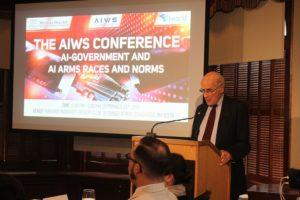
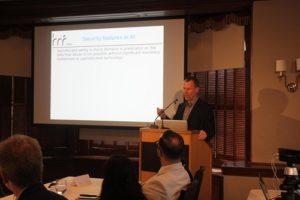
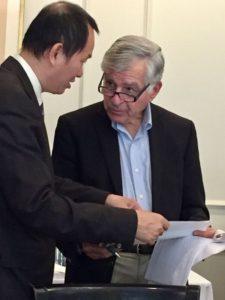
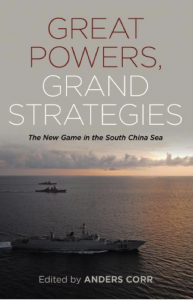
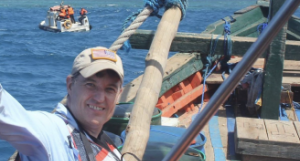
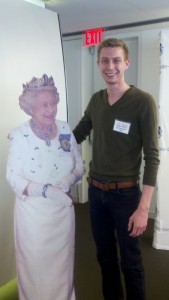
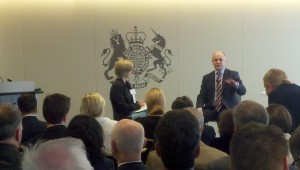
 Urs Hugentobler, head of Institutional Research at ETH Zürich/Swiss Federal Institute of Technology–the top ranked university outside of the US– described the vagaries of ranking systems and especially the nebulous “reputation” category, which both impacts and is impacted by a university’s ranking.
Urs Hugentobler, head of Institutional Research at ETH Zürich/Swiss Federal Institute of Technology–the top ranked university outside of the US– described the vagaries of ranking systems and especially the nebulous “reputation” category, which both impacts and is impacted by a university’s ranking.
